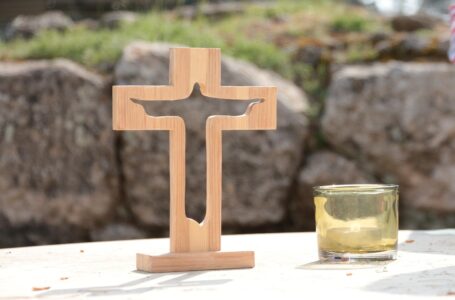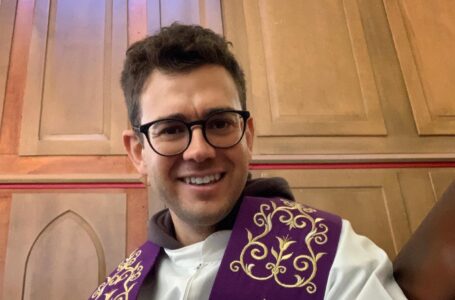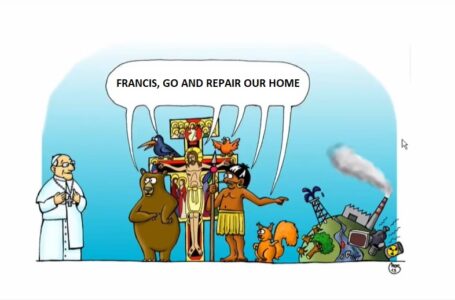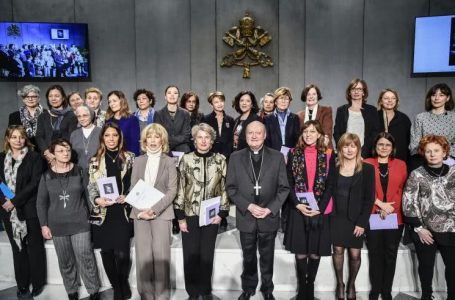The Death of My Old Mother
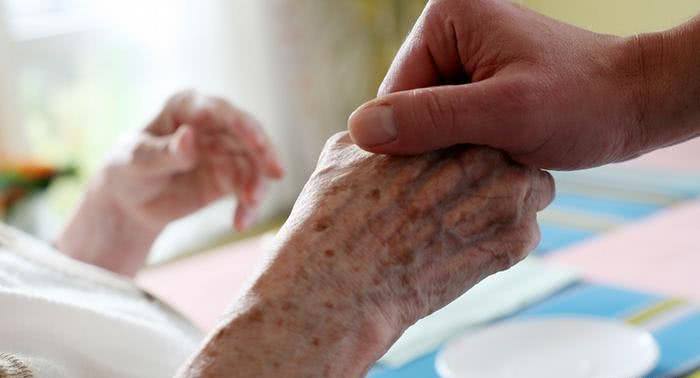
In this article “The Death of My Old Mother”, her daughter recounts how she has experienced the death of her mother and its aftermath.
Two days after Christmas, she had not woken at half-past six, as usual, to recite the rosary with the radio, and then, hear mass through the same medium.
“Mother . . . . mother . . . .”
There was no answer. She didn’t even move. I looked into her face: her eyes were an expressionless chink; her face, absolutely blank.
It was time to act: I rang up my brother and sister, and then the doctor.
In the three weeks she spent at hospital, she never uttered a word, except once to call me. At her age, ninety-nine and three months, it was practically impossible to recover.
When I went to visit her, I sang to her, because some time before, she had told me:
“When I’m dying, I’d like to hear some of the songs we sing at church.”
Though of course, I could not be sure, because the very little eye communication had completely ceased, I took her to be listening, enjoying, believing, and I went on singing day after day, telling the Lord I trusted him, and wanted to follow him in all weathers, asking him to hold my hand on difficult days and restless nights.
Now in a steady, calm voice, the nursing officer said:
“Your mother is bad. At this point we call the family.”
“Is she bad?” I asked, needlessly.
“Very bad. You’d better bring her clothes.”
I should have known better. As it was, I hoped to reach her before she passed on, so that my prayers would accompany her on the very last leg of her journey on earth. I quickly called my siblings and John, and in a very short time, was at the side door of the small hospital.
“You’d better wait for your sister,” John advised.
I did not heed him. I ran up the stairs, pushed the heavy door open enough for me to pass, found myself in the corridor, and ran towards the four-bedroom ward where my mother was. There was no mistaking it, because hanging above the door was a crucifix.
No sound could be heard. All along the corridor, no person could be seen. Perfect silence pervaded the place. In the ward, the other three patients were in bed, ready for the night. Near one of them, I now perceived a nurse. I couldn’t see my mother: the curtain which separated her compartment from the rest of the room had been drawn, and was hiding it altogether. I found the parting and entered.
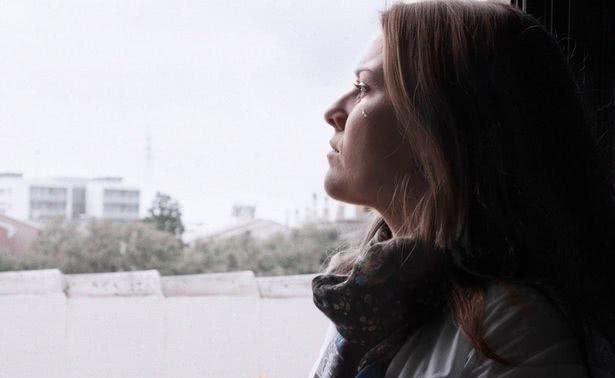 Mother was dead: her face was drained of colour; the breathing had stopped; the Ryles tube, which had bothered her so much, was nowhere to be seen. I needed confirmation: I went to speak to the nurse, who came over the moment she saw me.
Mother was dead: her face was drained of colour; the breathing had stopped; the Ryles tube, which had bothered her so much, was nowhere to be seen. I needed confirmation: I went to speak to the nurse, who came over the moment she saw me.
“Has she died?” I asked.
“Yes,” she answered, almost inaudibly.
I went in again, put my hand up to her still partly open eyes, and brought the lids down. That was the end. I ardently prayed God to welcome her in his heavenly abode, whatever it was.
Then, standing still, in front of my dead old mother, I reflected: we had lived together for so long, but I was not with her when her time came. She had always relished the fact that Father had died with us all encircling his bed – but she had to die alone.
Up to an hour before the hospital called me, there had been my sister and her husband near her. My sister had said Mother was calm, her hands, still, under the bedspread. She was not agitated as she had often been after the stroke. That had put my mind and heart at rest.
She had died all alone . . . But then . . . my eyes rested on her face . . . and understood: alone, she was not! It suddenly dawned on me that she could not have been alone. The face of this ninety-nine- year old woman exuded serenity, sweetness, deep calm. It was a picture of great peace and perfect composure. I suddenly felt convinced that He, for whom she had lived, and loved, and suffered had not left her alone.
 And now what? My immediate family was gone. From that moment on, I would live on my own. But presently, in that cubicle, enclosed by that curtain, immersed in the peaceful, mysterious stillness of the night and of death, I saw clearly what I was to do: take up what my mother had laid down. That is how it should be: the children should continue from where their parents have left off. Mother, after raising seven children, and caring for three old relatives until they died, had still to do: to pray, to love, to suffer.
And now what? My immediate family was gone. From that moment on, I would live on my own. But presently, in that cubicle, enclosed by that curtain, immersed in the peaceful, mysterious stillness of the night and of death, I saw clearly what I was to do: take up what my mother had laid down. That is how it should be: the children should continue from where their parents have left off. Mother, after raising seven children, and caring for three old relatives until they died, had still to do: to pray, to love, to suffer.
An episode from Acts came to mind: the Angels telling the Apostles, immediately after Our Lord ‘s ascension:
“Men of Galilee, why do you stand looking up to heaven?”
It seemed to me then they were urging them to go and complete Jesus’ work. There was a holy life to be lived, his word to be preached, a most beautiful vision to be shared, a great mission to be fulfilled.
Non omnis moriar. We shall not die completely.
Read more:
– Top Pope Francis’ Quotes on Death
– Does Time Heal Grief?

